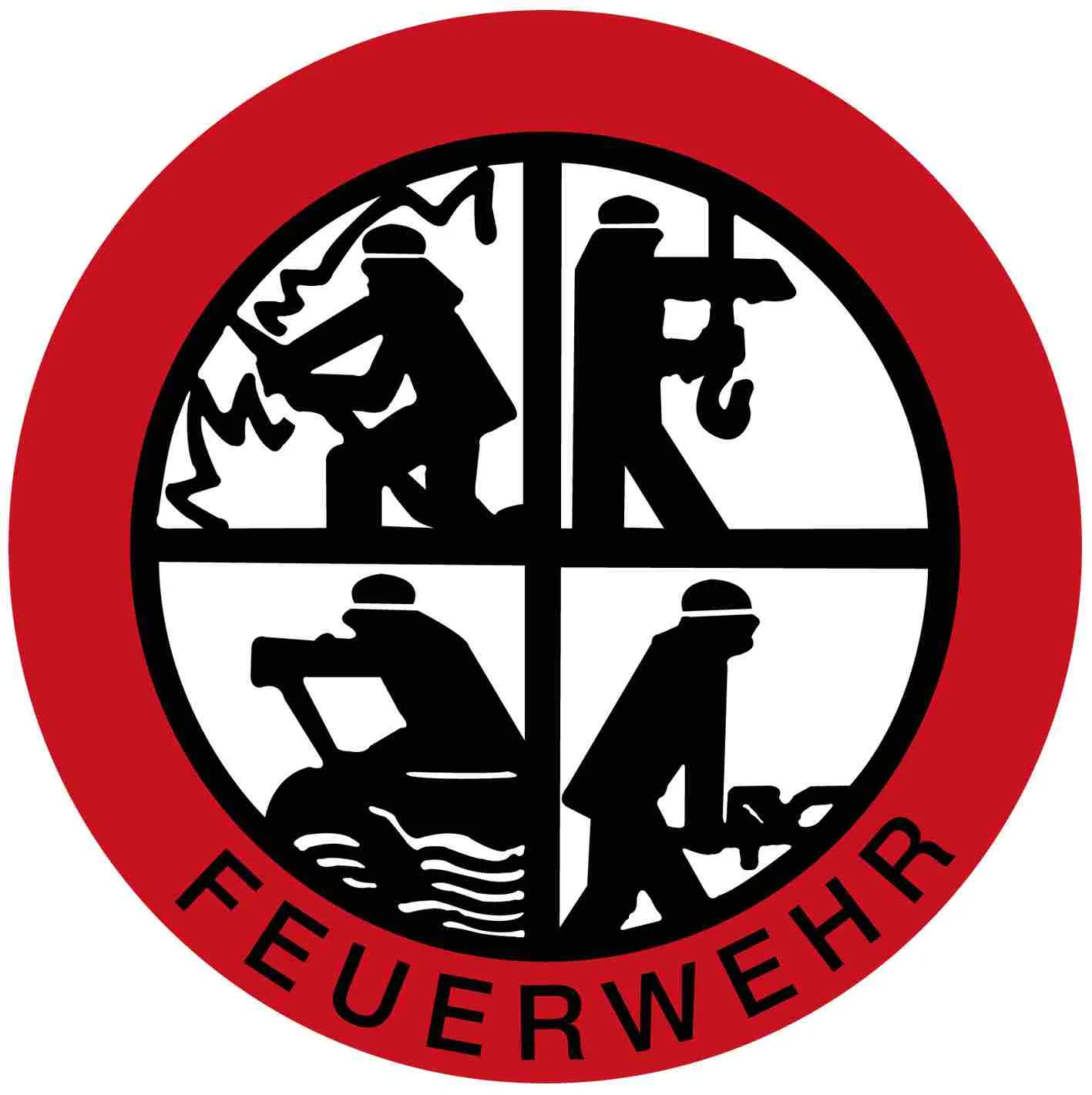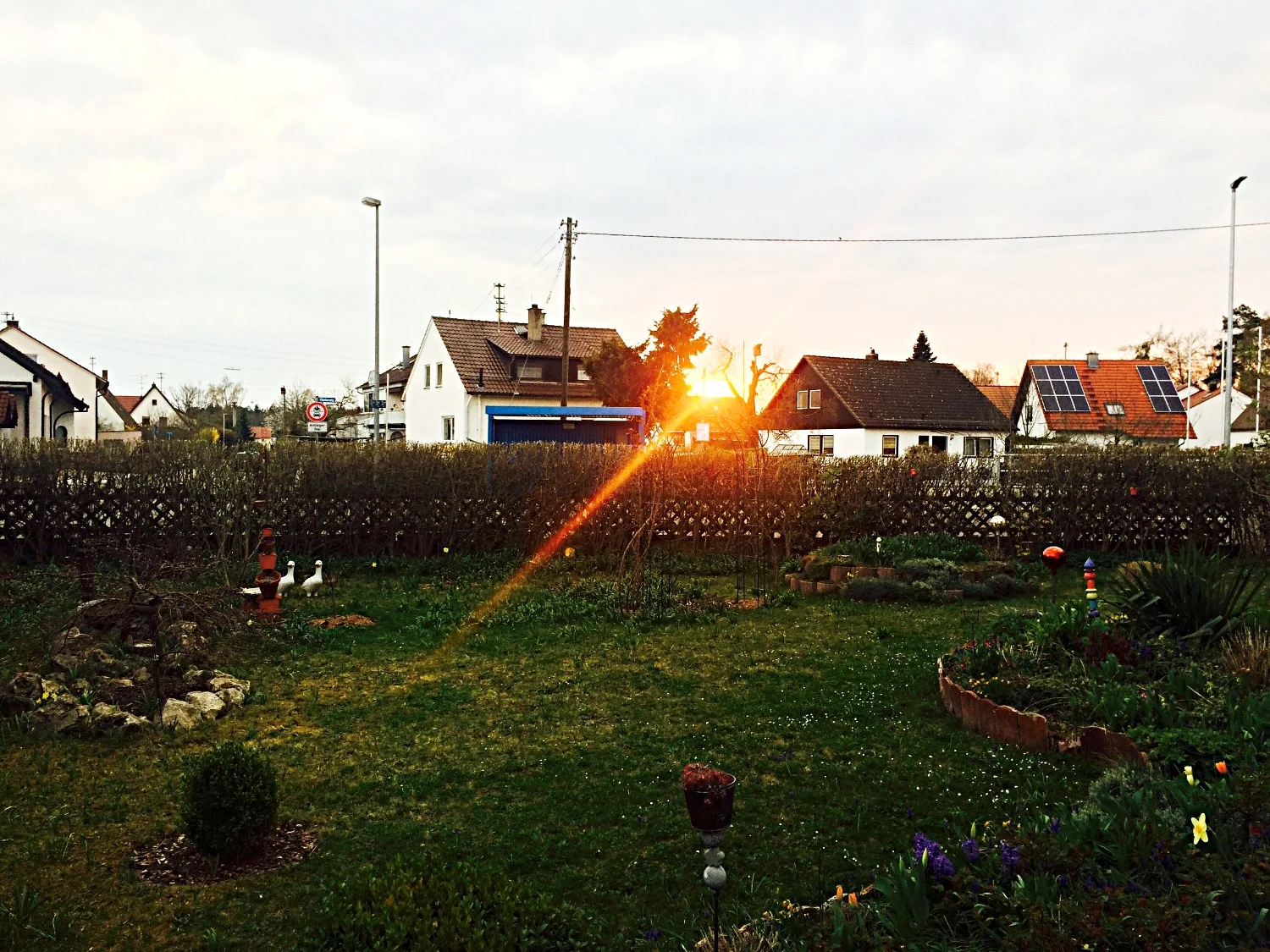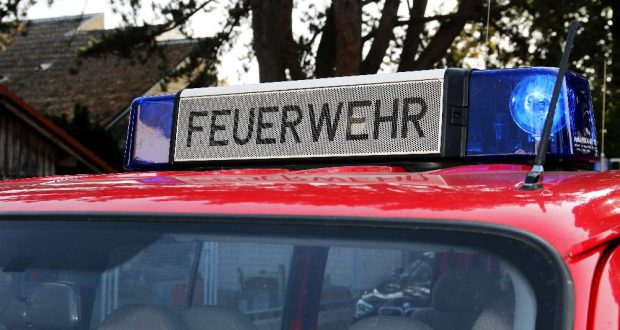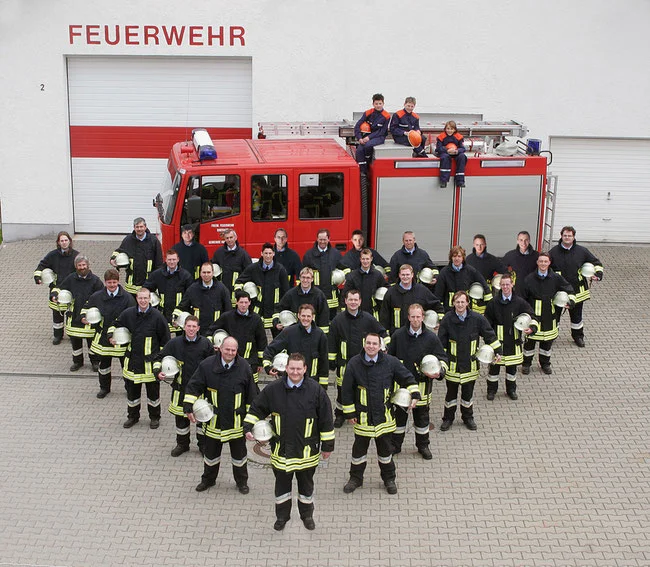How Germany Works: The Freiwillige Feuerwehr
My wife frequently bemoans the fact I am, what she describes as, a “Stadtkind”. The majority of my life has been spent in cities or large towns, whereas my wife comes from a small village on the border of Bavaria and Baden-Württemberg. It is entirely unsurprising that village life is a major departure from the life of a city dweller. Things are more sedate, the rough and tumble of the city is quickly forgotten among the coniferous forests of the German countryside. Where the city is a cacophony of traffic and people, the rhythm of the village is twittering birds, sporadic tractors and especially in summer, the hooting car horns of a wedding party.
There is no surprise that the village is quiet and sedate, it is perhaps this very reason that so many Germans prefer to live there permanently or at least return to after a brief dalliance with the city. Community is strong, people know their neighbours, with whom they spend long summer evenings enjoying each others company during the many Dorffeste and Kirchweih. My wife’s village is no different, it took me a long time, but I have become accustomed to hitting the pause button on life when we return every couple of weeks.
There are few surprises, however when those surprises occur it can be doubly bewildering. For instance, a number of years ago, before I had moved to Germany, I was staying with my wife’s family in the village. It was summer and we had spent an enjoyable evening at one of the many fests that seem to be a weekly occurrence during the summer months. Having over indulged on beer I was quietly slumbering in the early hours of a Sunday morning, when suddenly I was awoken. What had so rudely interrupted my slumber? An alarm, but not just any alarm, it was a sound I had only ever heard in films, one that British people are especially familiar with. It was an air raid siren. I am not ashamed to say I panicked and leapt from my bed, all adrenaline and flop sweat. My wife rolled over, switched on the lamp and fixed me with a gaze I have become familiar with every time I do something incomprehensibly stupid. “Nicholas!” she exclaimed, “It’s only the Fire Brigade alarm, go back to bed”, I sheepishly obeyed.
The alarm that sent me bolting for an imagined bomb shelter is one of the many ways the brave men and women of the Feuerwehr (Fire Brigade) are called into action. Often on call 24/7, they are alerted via siren, pagers and specialised mobile phones when they are needed. These emergency calls are a precursor to the arrival of the numerous service personnel, meeting at the station to ready themselves for whatever task they are needed.
For the uninitiated, Germany has a novel way of organising its fire service. Unlike many countries that operate fully professional fire brigades, Germany relies on the Freiwillige Feuerwehr or voluntary fire service to cover the majority of its major urban and rural communities. Germany has 2,076 cities in total, but only has 100 professional Fire Brigades. Supported by the state and local communities, these men and woman choose to sacrifice their time in order to respond to everything from cats in trees to fires, major traffic and rail accidents and even the arrival of refugees.
Although the idea of a volunteer fire service might conjure images of badly trained amateurs mishandling hoses and generally causing chaos, this is far from the truth. In fact volunteers are required to take part in extensive and regular training, ensuring that although they may be volunteers they are as well trained as any fully professional brigade. Once the entrance exam has been passed, members of the fire service receive continual training and retraining for handling equipment, as well as up-to-date techniques in life saving methods.
Unusually for Germany, the requirements to join the service is not nationally codified with numerous differences from state to state. Some require different levels of education, others a clean criminal record. Some states ask that any volunteer is an EU citizen, whereas others are happy to accept applicants from all areas. This latter acceptance of all backgrounds has meant that in some areas, the volunteer fire service is one of many ways that recent immigrants and refugees have been able to integrate into communities. Of course knowledge of German and ability to pass the entrance exams is a strict stipulation, but for the motivated this is rarely a problem.
In many areas, both urban and rural, the Feuerwehr is an important part of the community and play a central role in annual activities of the local area. Should the Kindergarten have a party, then it is not uncommon to see the Fire Brigade arrive to give children a tour of the fire engine and equipment. In May they will help erect the Maibaum and whenever there is a festival the Feuerwehr can be found serving drinks or carrying large plates of schnitzel to customers. There is a place for them during church parades and many other religious events, and it would not be an exaggeration to describe them as the heartbeat of local communities.
Fundraising is another area that Fire brigade involves itself. Although the state and local government support the Feuerwehr with annual funding, they also supplement this income by hosting fundraising events in order to buy equipment that might be just over the municipal budget. Open days and fundraising events such as grill parties become regular fixtures in the lives of local people. In my wife’s village, the fire brigade is not just central with regards to community, but also in location, with the fire station occupying what was the old station masters house. It might be too much to describe them as celebrities, yet everyone in the local area knows who the volunteers are and they are revered for their service.
This is no surprise, fire service personnel put their lives in danger on a regular basis, to do so for nothing more than the gratitude of your neighbours is worthy of the highest of praise. In reality, the risks taken by these courageous men and women extend to other parts of their lives. Since the work of the Freiwillige Feuerwehr is obviously unpaid, it can impact employment opportunities. Even when they are employed it can still be troublesome, since being on call might necessitate a person leaving unexpectedly during an important meeting. Free time is also sacrificed, with holidays, weekends and hobbies all coming second to the needs of the fire service.
It is for these reasons, at least in my mind, that the Freiwillige Feuerwehr represent a particularly important aspect of German culture; namely the importance of voluntary service. It is perhaps one aspect that is sometimes overlooked and only remembered when first responders place themselves at the heart of dangerous situations. The work of highly trained voluntary service personnel in many areas of German life, of which the Feuerwehr are only one example, speaks to how German communities can revolve around the sacrifices made by small but dedicated groups.












